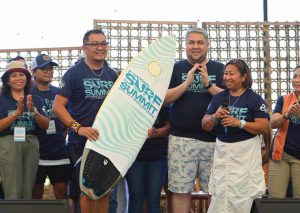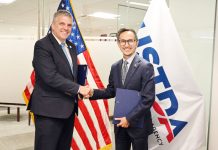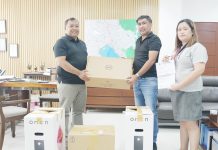Need government backing to reach its potential

BORONGAN CITY– The Philippines is the next big destination for surfing, according to the panelists during the two-day 2nd National Surf Summit held in this Eastern Samar capital.
However, they stressed that more things need to be done for the country to earn the title for it to become a global surfing market which has an estimated $3 billion worth of income.
Foremost of this is the support from the government that is very vital, especially in promoting and marketing like holding national and international surfing competitions.
Globally, it is estimated that there are more than 60 million surfers from different parts of the world, majority of which are from European countries, the United States, Brazil, Australia, and Asian countries like Indonesia, China, Japan, the Philippines, and some parts of the Middle East.
Indonesian surfing icon Rizal Tandjung, who was one of the panelists on the discussion about global trends and opportunities in surfing tourism held here on Saturday (Dec.2), said that government support is very important for the industry since it brings in tourist traffic.
Aside from government support, Tandjung added that accessibility is also important particularly airline flights that allow domestic and foreign tourists to reach the destination easier.
“Access is important. Opening an airport is a start or the beginning of becoming big in the surfing industry,” he said, citing the opening of Philippine Airline flights in Borongan City Airport that allows passengers going to Eastern Samar to have faster travel reaching their destination from Manila and Cebu easier.
But aside from promoting, marketing, and developing surfing destinations, patronizing the local surfboard industry is also important to generate more income and provide more jobs to communities, according to another surf summit panelist Filipino-American Ian Zamora who owns a surfboard making business in the US.
“It’s never been easy to bring surfboard or materials here, so with the help of the government hopefully we could work on changing some import-exports law that could help us all out,” he said.
The two-day National Surfing Summit held in this city was hosted by the regional office of the Department of Tourism (DOT). (ROEL T. AMAZONA)



